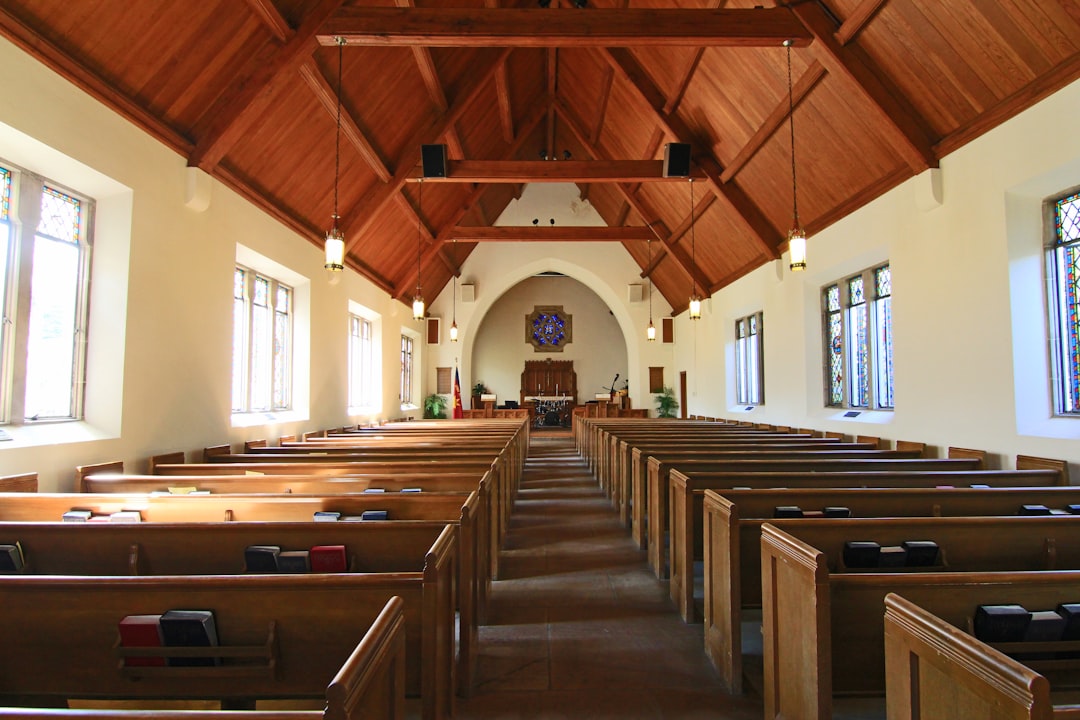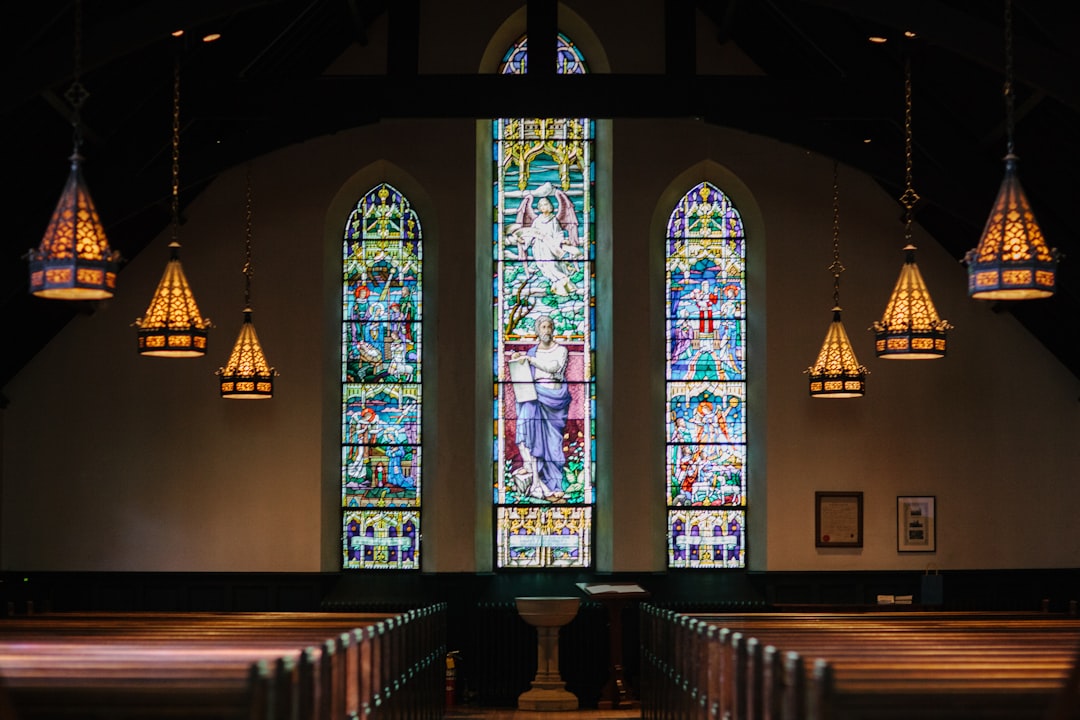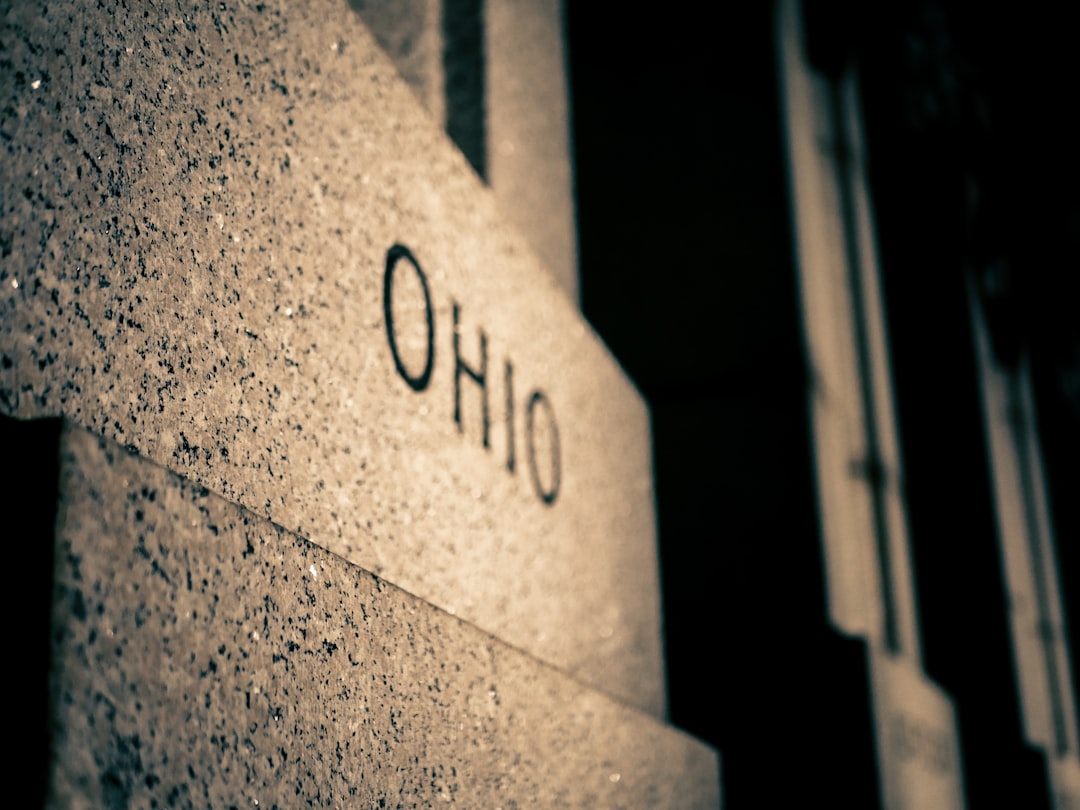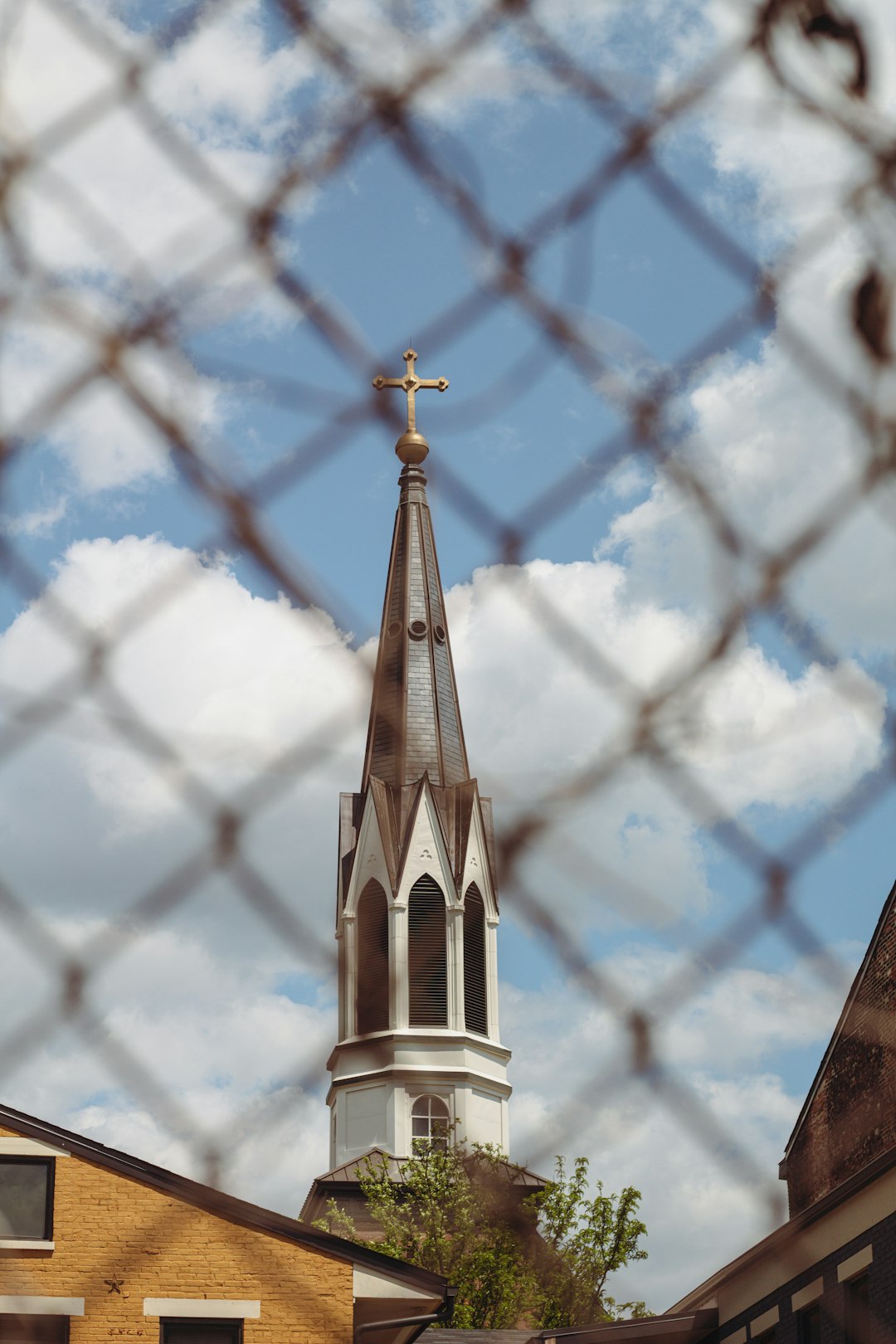Clergy abuse is a serious issue where religious leaders exploit or manipulate their congregation. In Ohio, specialized clergy abuse attorneys offer legal assistance to survivors, helping them navigate complex situations and protect their rights. Survivors have specific legal protections, including civil lawsuits, criminal charges, and state-mandated reporting requirements. Choosing the right clergy abuse attorney is crucial; look for lawyers with expertise in this field, a deep understanding of Ohio laws, and a compassionate approach. This guide emphasizes the importance of consulting such an attorney to gather evidence, identify defendants, and ensure claims are filed within the statute of limitations, maximizing the chance for a positive outcome. Support and resources are available through local and national organizations that connect survivors with qualified clergy abuse attorneys in Ohio.
In Ohio, victims of clergy abuse face unique challenges in seeking justice. This comprehensive guide explores your legal options and provides a roadmap for navigating the complex landscape of clergy abuse claims. Understanding the patterns and red flags is crucial, especially when recognizing the role of religious institutions in protecting their congregants. We delve into Ohio’s laws, the selection of a skilled clergy abuse attorney in Ohio, the claim filing process, and available support resources for survivors.
Understanding Clergy Abuse: Recognizing Patterns and Red Flags

Clergy abuse, a sensitive and often overlooked issue, involves instances where religious leaders or authorities exploit, manipulate, or engage in harmful behavior toward their congregation or those under their care. Recognizing patterns and red flags is crucial for victims to understand their experiences and seek justice. Common signs of clergy abuse include emotional manipulation, controlling behaviors, and the exploitation of a position of power. Victims may experience feelings of isolation, guilt, or fear, making it difficult to speak out.
Ohio clergy abuse attorneys can help individuals navigate this complex issue by providing legal assistance and guidance tailored to their unique circumstances. They have the expertise to recognize patterns indicative of abusive relationships and can offer support throughout the legal process. If you suspect or have experienced abuse at the hands of a religious leader, reaching out to a qualified attorney is a crucial step towards healing and ensuring accountability.
The Legal Rights of Survivors: Navigating Ohio's Laws and Protections

Survivors of clergy abuse in Ohio have specific legal rights and protections under state laws designed to help them seek justice and healing. If you or someone you know has experienced sexual abuse, emotional mistreatment, or any form of harm at the hands of a religious leader, it’s crucial to understand your options. A competent clergy abuse attorney Ohio can guide you through navigating complex legal processes and ensure your rights are protected.
Ohio laws offer various avenues for survivors to pursue justice. These may include civil lawsuits against the abuser and/or the institution responsible, as well as criminal charges if the conduct rises to the level of a crime. Additionally, there are state-mandated reporting requirements and protections for victims, ensuring that seeking help is not impeded by legal barriers. A skilled attorney can help interpret these laws and advocate on your behalf to secure the justice and closure you deserve.
Choosing the Right Attorney: What to Look for in a Clergy Abuse Lawyer in Ohio

Choosing the right clergy abuse attorney is a crucial step in navigating a complex and sensitive legal process. When seeking representation for clerical abuse cases in Ohio, consider attorneys who specialize in this area and have extensive experience handling similar cases. Look for lawyers who possess a deep understanding of state laws pertaining to clergy abuse and have a proven track record of successful outcomes. Expertise in sexual harassment, assault, or abuse within religious institutions is essential.
In addition to legal acumen, it’s important to find an attorney with a compassionate approach. The nature of these cases can be emotionally taxing, so a lawyer who demonstrates empathy, discretion, and sensitivity towards victims’ experiences can make a significant difference. Ensure the attorney has a reputation for effective communication, keeping clients informed throughout the process, and providing robust advocacy within legal constraints.
The Process of Filing a Claim: Step-by-Step Guide and Timeframes

The Process of Filing a Claim: Step-by-Step Guide and Timeframes
If you’ve experienced clergy abuse in Ohio, seeking justice and accountability is a crucial step. The process begins by consulting with a clergy abuse attorney who specializes in these cases. They will guide you through the legal complexities and help determine if your claim is valid. Key steps involve gathering evidence—such as documents, witness statements, and any relevant records—and identifying potential defendants.
Timeframes vary depending on factors like the statute of limitations (which generally allows one to three years to file after discovering abuse) and the complexity of the case. A skilled clergy abuse attorney in Ohio will help navigate these timelines, ensuring your claim is filed within the legal limits and maximizing your chances of a successful outcome.
Support and Resources: Local and National Organizations for Victims of Clergy Abuse

If you or someone close to you has experienced clergy abuse in Ohio, it’s important to know that support and resources are available. Many organizations offer assistance for victims looking to navigate the legal system and seek justice. These include local and national groups dedicated to helping survivors of clergy abuse, providing counseling, legal aid, and advocacy.
For those seeking a clergy abuse attorney Ohio, these organizations can be invaluable. They often have connections with legal professionals specializing in such cases and can guide victims through the complex process of filing a claim. With their help, individuals can take the necessary steps to hold accountable those who have caused them harm, ensuring justice and closure.





